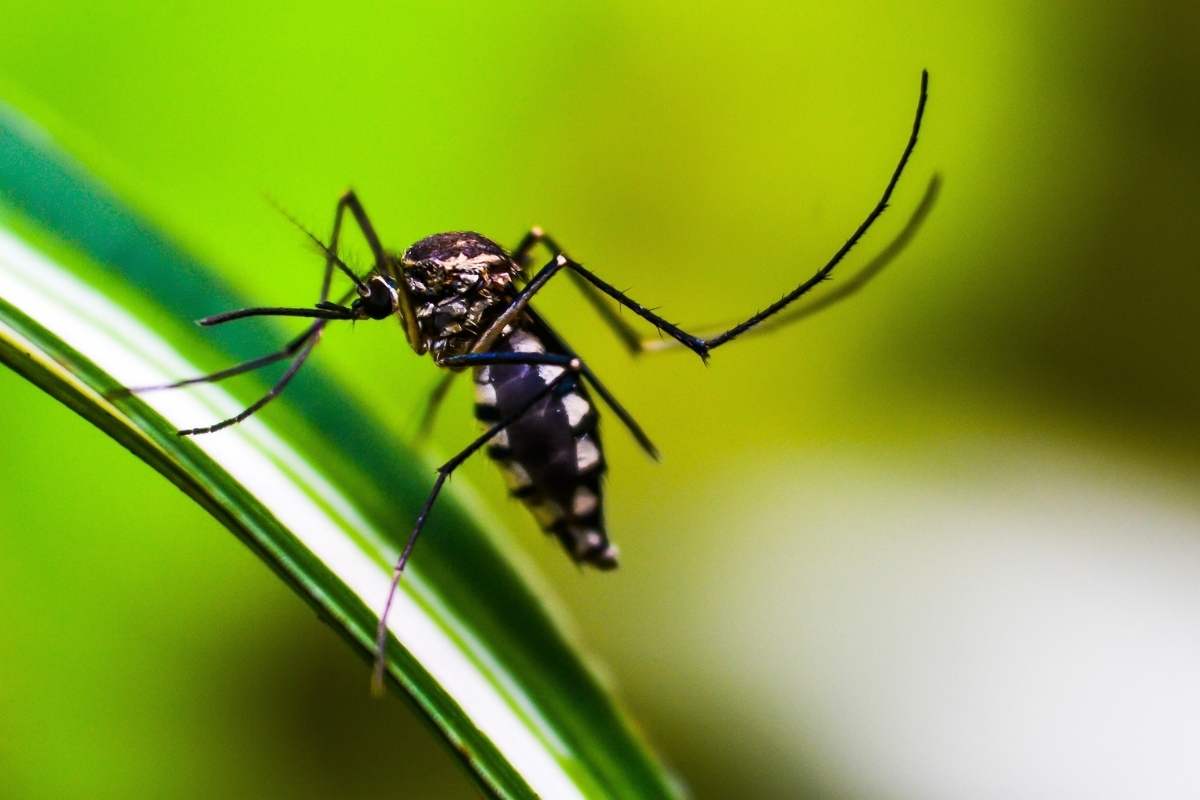This page may contain affiliate links. If you click and buy, we might get a small commission at no cost to you.
Mosquitoes are annoying blood suckers that can quickly turn your enjoyable, fun-filled day outside into an unpleasant experience for you and your family. Not only do they leave painful and itchy bites, but some species of mosquitoes can even transmit deadly diseases. The good news, however, is that knowing what time of year do mosquitoes come out can help you keep them at bay.
What Time of Year do Mosquitoes Come Out?
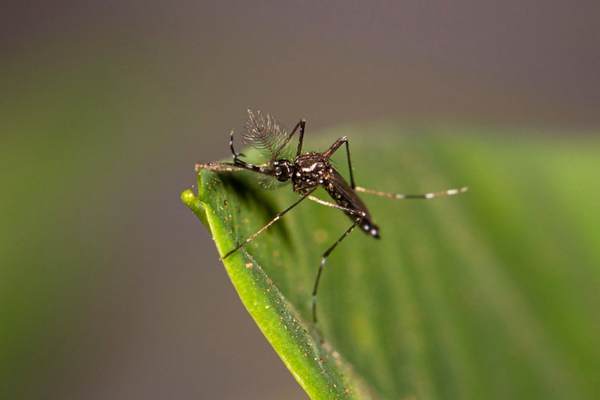
Mosquitoes have four different life cycles; egg, larvae, pupae, and adult. The egg, larvae, and pupae stage occur in water. The adult stage is when the insect begins flying around and feeding on blood.
In most areas, adult mosquitoes start to emerge in March and are present through November. Depending on the species of mosquito, however, you may see some in the winter if the temperature rises above 50-degrees. In tropical environments where the temperatures are warm year round, mosquitoes can be seen throughout the entire year.
What Time of Day do Mosquitoes Come Out?
While most species of mosquitoes typically avoid daylight and prefer the cover of darkness to do their feasting, there are some species that thrive in the sunlight. The Aedes mosquito (Aedes aegypti), for example, will feed on humans in the morning and afternoon hours.
This species is also known to transmit diseases, such as the Zika virus. The Culex species (Culex), which can transmit various diseases including the West Nile virus, emerges at night to feed and mate.
Do Mosquitoes Hibernate?
Some species of adult female mosquitoes will overwinter after mating in the fall. They will then hibernate in basements, logs, and burrows. These species of mosquitoes will sometimes emerge in late winter (such as January) on warm days.
Other species of mosquitoes will lay their eggs in late summer before fall begins. These cold hardy eggs are laid in water, which then freeze during the cold months. The eggs hatch the next year once the water temperatures begin to rise.
What Temperature Kills Mosquitoes?
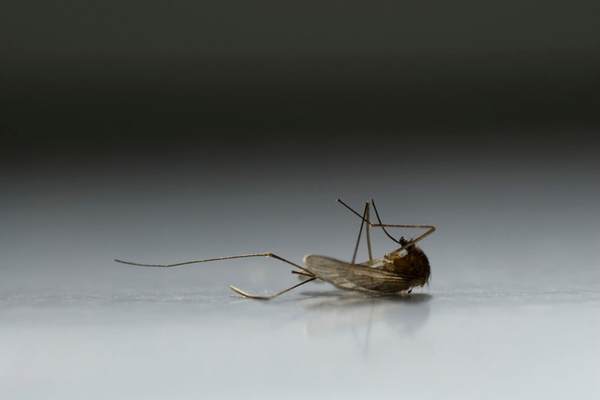
The temperature that kills mosquitoes varies depending on the species. While most species can become active once temperatures rise above 50-degrees, mosquitoes don’t really thrive until about 80-degrees.
According to the Central Massachusetts Mosquito Control Project, mosquito species found in the United States typically become lethargic when temperatures reach 60-degrees and below.
Do Both Male and Female Mosquitoes Consume Blood?
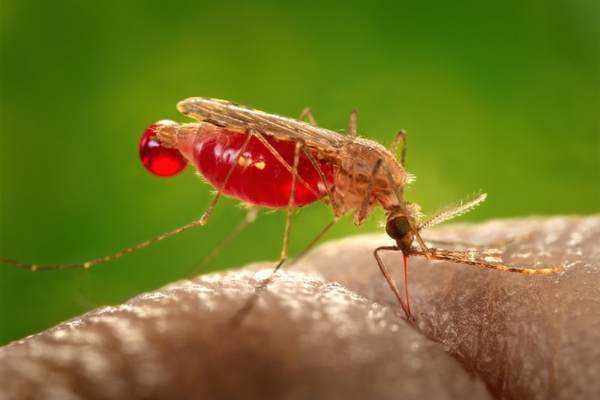
One of the most interesting facts about mosquitoes is that the females of the species are the only ones that feed on blood. The male mosquitoes don’t consume human or animal blood and instead feed on the juices of plants and vegetation.
The female mosquito requires blood for its egg development. Some mosquito species will only feed on specific hosts.
The Uranotaenia sapphirina species, for example, feed only on the blood of cold-blooded animals, such as reptiles and amphibians. And there are even a few species that don’t require a blood meal in order to develop their eggs.
Mosquitoes lay about 100 to 200 eggs at one time, and some species can lay multiple times throughout the year. Once mated, most species of mosquitoes can lay on average 100 eggs every 3 nights. And these eggs can survive from drying out for up to 8 months, according to the CDC.
How Do I Keep Mosquitoes out of my Yard?
The good news is that there are several things you can do to help keep mosquitoes at bay and out of your yard. The real defense against mosquitoes is practicing preventive measures to keep them from laying eggs and hatching in your yard.
For example, mosquitoes lay their eggs in freestanding water. So any pots, tires, cans, buckets, or any other type of vessel that can fill with water during rain makes an ideal spot for mosquito larvae to thrive. You can stop the reproductive cycle by dumping out any of these vessels after rain.
If you have a pond or a bird bath, consider installing a pump or fountain that will keep the water moving. Another option is to purchase floating mosquito discs that contain a bacterium that is only deadly to mosquitoes. This bacterium, known as Bacillus thuringiensis israelensis or Bti, kills mosquito larvae, yet is completely safe for humans, pets, wildlife, and aquatic life.
How Can I Keep Mosquitoes Away?
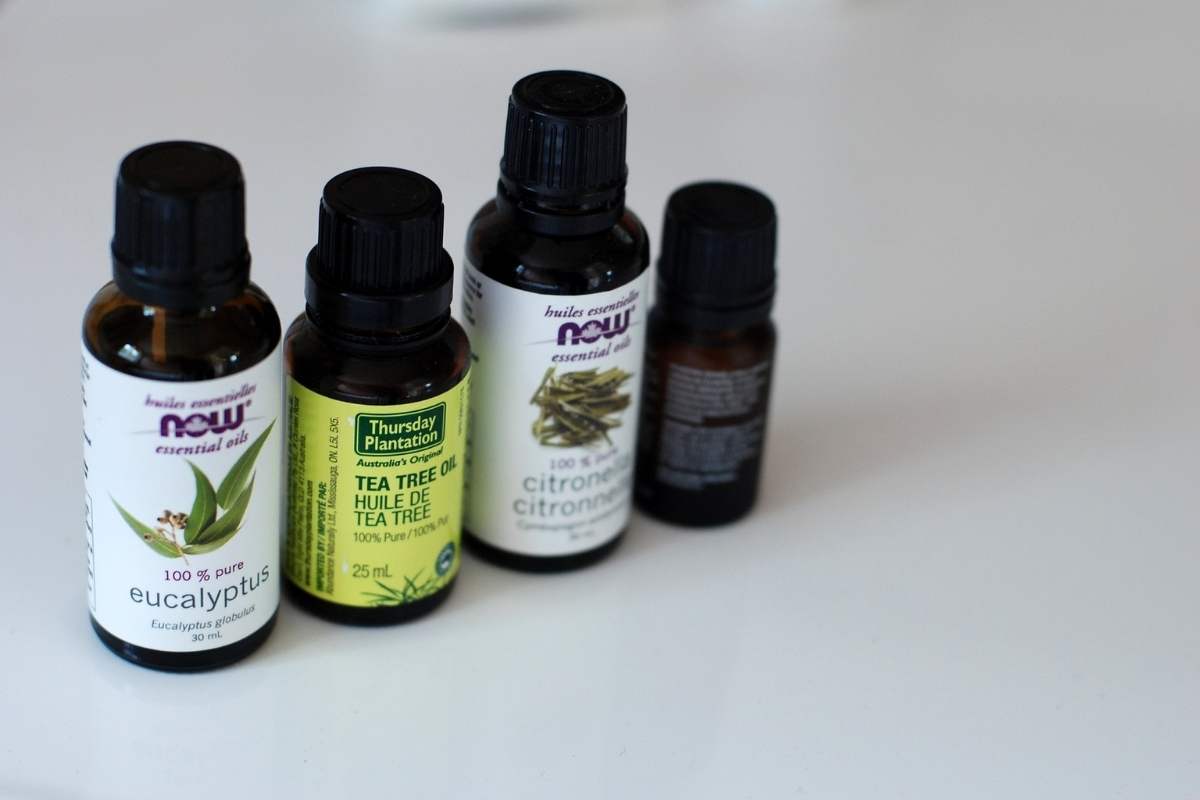
While the above measures help to keep mosquitoes out of your yard, they won’t completely prevent mosquitoes from coming over and feasting on you when you’re trying to enjoy the great outdoors. There are some things you can do to keep these tiny vampires away.
Citronella candles, for example, are a tool commonly used to keep mosquitoes away during outdoor activities. These candles are readily available online and in stores, and contain citronella oil. This essential oil is derived from citronella plants, which is a grass-like plant that has natural insect repellant properties.
Summary
Like most other flying insects, mosquitoes come out beginning in the warmer months of the year. Mosquito eggs start to hatch in March and April, and by summer mosquitoes are out in full-force. By late fall and early winter they die off and the mosquito life cycle starts again. Mosquito eggs are not affected by the cold weather, so they don’t die like the adults.
